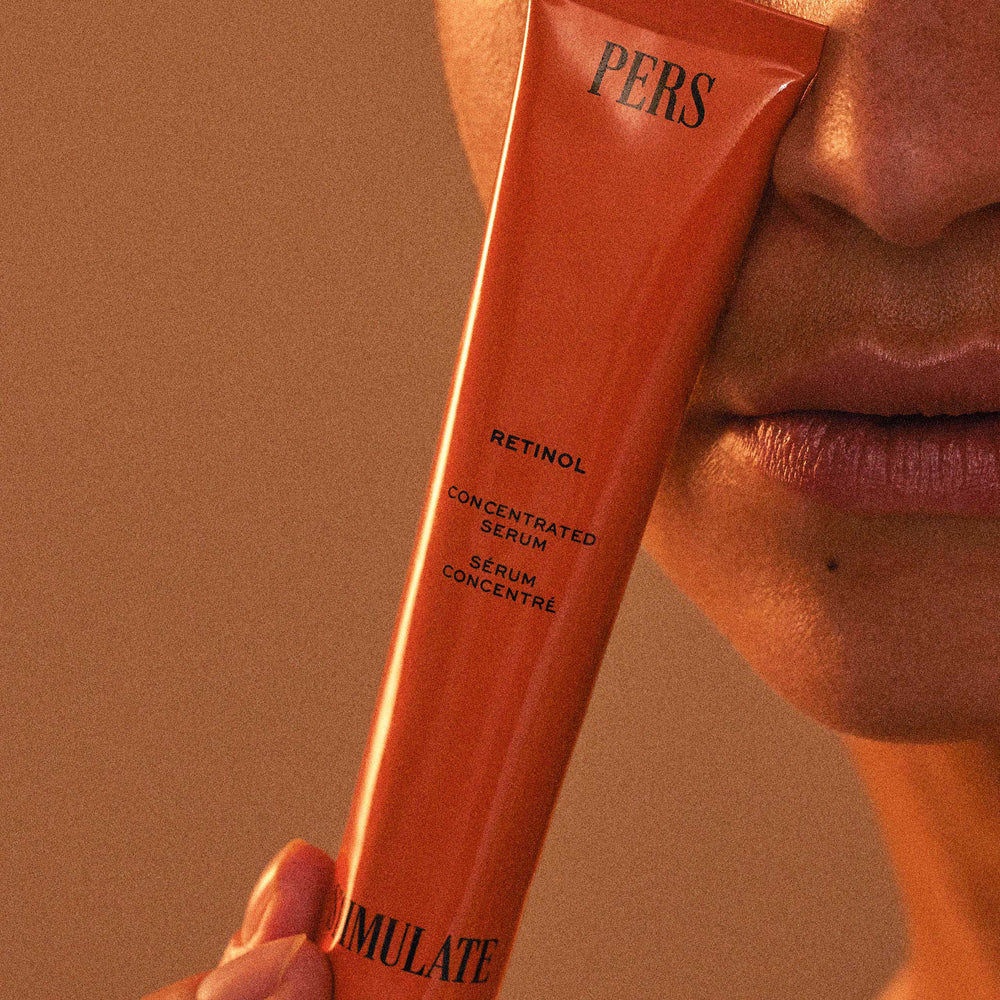Why does vitamin C need to be kept in a cool place to maintain its stability?
Vitamin C is a favorite for its many benefits, isn't it? But did you know that storing it can affect its effectiveness? Indeed, maintaining its stability is no trivial task. This introduction will guide you through the secrets of vitamin C, focusing on its chemical properties and the factors that influence its degradation.
Temperature plays a key role in vitamin C preservation. So why does it need to be stored properly? Let's take a look at the impact of temperature variations.
To help you reap the full benefits of vitamin C, we'll also look at recommended storage practices. And since avoiding pitfalls is always a good idea, we'll highlight common mistakes to avoid. Let's take care of this precious vitamin together!

Understanding the stability of vitamin C
The chemical properties of vitamin C
Vitamin C, or ascorbic acid, is a powerful antioxidant, essential for maintaining your skin's radiance and health. It acts as a protective barrier against the free radicals that accelerate skin aging. By incorporating this ingredient into your routine, you help defend your skin against environmental aggressors such as pollution and UV rays.
However, its sensitive chemical structure means that it can easily oxidize when exposed to air, light or high temperatures. This oxidation not only diminishes its effectiveness, but can also cause irritation if not stored properly.
Factors influencing vitamin C degradation
Take care to understand what really affects your precious vitamin C-enriched serum or cream to maximize its benefits. Here are a few key elements:
- Exposure to air: As soon as the bottle is opened, the air begins its oxidation work on the vitamin C. Always use airtight containers to minimize this risk.
- Light: UV rays can rapidly alter your product by breaking down ascorbic acid. Opt for opaque packaging that effectively blocks this harmful light.
- Heat: High temperatures accelerate the oxidation process. Keep your products in a cool place to extend their shelf life.
By taking these simple precautions, you can ensure that every drop of your product remains as beneficial to your skin as possible.
Impact of temperature on vitamin C preservation
Effects of heat on vitamin C
Heat is your precious vitamin C's worst enemy. Each additional degree acts as a gas pedal in a frantic race towards oxidation. When your serum or cream is exposed to high temperatures, ascorbic acid molecules begin to break down rapidly. This not only reduces the product's effectiveness, but can also alter its color and texture, making it less pleasant to apply. To avoid this, it's essential not to leave your vitamin C-enriched products in warm places, such as near a sunny window, or in a bathroom after a hot shower. By taking this simple precaution, you not only extend the product's shelf life, but also ensure that each application continues to deliver its antioxidant benefits to your skin.
Why cold helps preserve vitamin C
Cold, on the other hand, becomes your invaluable ally in preserving the full integrity of your vitamin C. Think of the fridge not only as a space for your food, but also as a sanctuary for your skin care products. Low temperatures significantly slow down the oxidation process, keeping antioxidant properties intact for longer. Storing your products in a cool place isn't just a good idea; it's almost a necessity if you want to get the most out of every drop. Imagine applying a serum that has retained all its potency and continues to illuminate your skin day after day. That's what proper storage can do for you! So don't hesitate to reserve a little space in your fridge for these precious elixirs.
Recommended practices for storing vitamin C
Store vitamin C in optimal conditions
For your vitamin C treatment to retain its full effectiveness, it's crucial to store it in ideal conditions. Perhaps you're wondering how? Here are a few simple but effective tips:
- Use airtight containers: prefer bottles with a pump or tight-fitting cap. This limits exposure to air and prevents premature oxidation of your product.
- Choose opaque packaging: UV rays can rapidly alter vitamin C. An opaque container protects your skincare product from these light aggressions.
- Store your products in a cool place: remember to reserve a place in your refrigerator for your vitamin C-enriched serums and creams. The cold slows down the oxidation process, prolonging their shelf life.
By applying these tips, you can ensure that every application of your product remains as beneficial as possible in illuminating and protecting your skin.
Common mistakes when storing vitamin C
Even with the best of intentions, certain mistakes can compromise the effectiveness of your vitamin C skincare. To avoid this, here are some common pitfalls to avoid:
- Leaving the product open too long: unnecessary exposure to air accelerates oxidation. Always close the bottle tightly after use.
- Forgetting to leave it near a source of heat: avoid leaving your skincare products on a sunny windowsill, or in a damp bathroom after a hot shower.
- Neglect the expiry date: vitamin C has a limited shelf life. Check the dates regularly to make sure you're using a product that's still active.
With these precautions in mind, you're not only maximizing the product's protective, illuminating effect, but also caring for your skin with all the power this precious vitamin has to offer!
We recommend these other pages:
- How does storing vitamin C in opaque containers protect its properties from light?
- Why is airtight packaging essential to prevent vitamin C from degrading through exposure to air?
- Why is it crucial not to leave vitamin C in open bottles to prevent oxidation?
- Why should vitamin C not be stored near heat sources?
- How can storing vitamin C in the refrigerator extend its shelf life and effectiveness?
- Why must vitamin C be stored away from UV rays to retain its therapeutic benefits?

